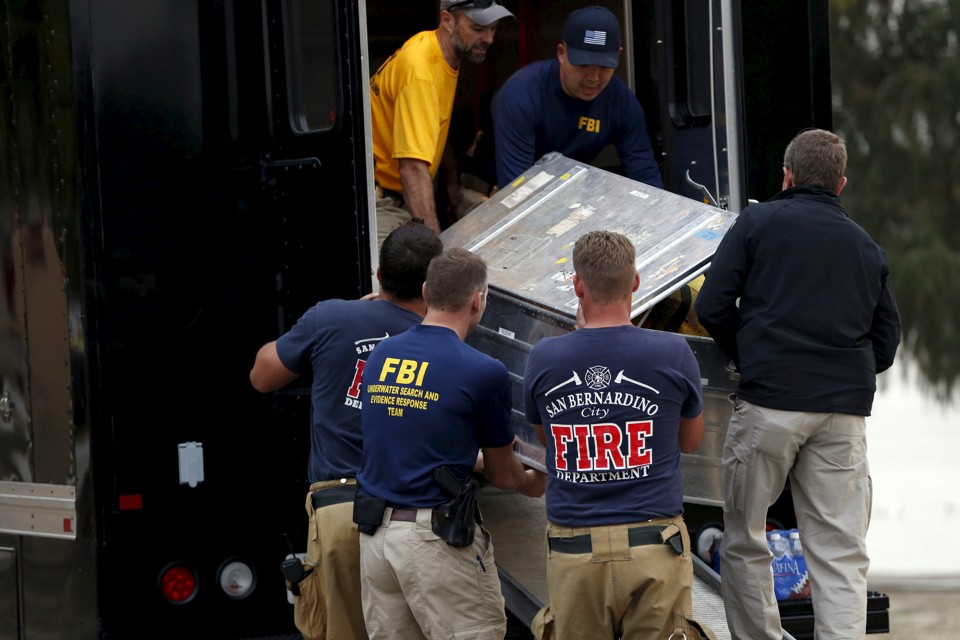-
Tips for becoming a good boxer - November 6, 2020
-
7 expert tips for making your hens night a memorable one - November 6, 2020
-
5 reasons to host your Christmas party on a cruise boat - November 6, 2020
-
What to do when you’re charged with a crime - November 6, 2020
-
Should you get one or multiple dogs? Here’s all you need to know - November 3, 2020
-
A Guide: How to Build Your Very Own Magic Mirror - February 14, 2019
-
Our Top Inspirational Baseball Stars - November 24, 2018
-
Five Tech Tools That Will Help You Turn Your Blog into a Business - November 24, 2018
-
How to Indulge on Vacation without Expanding Your Waist - November 9, 2018
-
5 Strategies for Businesses to Appeal to Today’s Increasingly Mobile-Crazed Customers - November 9, 2018
FBI Director: San Bernardino Shooters Posted Support For Jihad In Private Messages
FBI Director James Comey today shed new light on how the San Bernardino killer couple communicated with each other about violent extremism – not openly on social media posts, but through “direct private messages”.
Advertisement
Comey told members of the Senate Judiciary Committee that investigators believe that Syed Rizwan Farook and his wife, Tashfeen Malik, were radicalized even before they began their online relationship and that Malik held extremist views before she arrived in the USA a year ago. These were direct, private messages.
Comey’s remarks corrected reports that first appeared on CNN and later circulated elsewhere, including VICE News, citing unnamed USA officials who said that Malik had pledged allegiance to the Islamic State using a Facebook account that was registered under a different name.
“They move from Twitter direct messaging, which we can get access to with lawful probable cause, to a mobile messaging app that is end-to-end encrypted”, Comey said.
Authorities say this doesn’t include a post in support of an ISIS leader allegedly made by Malik using an alias, according to The Washington Post. Instead, all communications about martyrdom and jihad took place over email or other methods of private communication.
Comey said he is convinced that law enforcement and technology companies can work together to solve that problem without compromising personal privacy.
Earlier this week, State Department spokesman John Kirby acknowledged “it’s hard to say” what went wrong – and how – among usa security agencies that screen visa applications for signs of threats.
Tashfeen Malik, (L), and Syed Farook are pictured passing through Chicago’s O’Hare International Airport in this July 27, 2014 handout photo obtained by Reuters December 8, 2015.
One of the questions the Federal Bureau of Investigation is trying to nail down, is where Farook and Malik spent the time following the attack and before the shootout, roughly four hours.
Comey said such messages have inspired homegrown terrorists who are receiving these messages on their phones daily.
Advertisement
A rep for the Los Angeles Times said the newspaper has no immediate comment on the discrepancy because the newsroom is busy reporting on it. We’re awaiting a response from the New York Times.





























